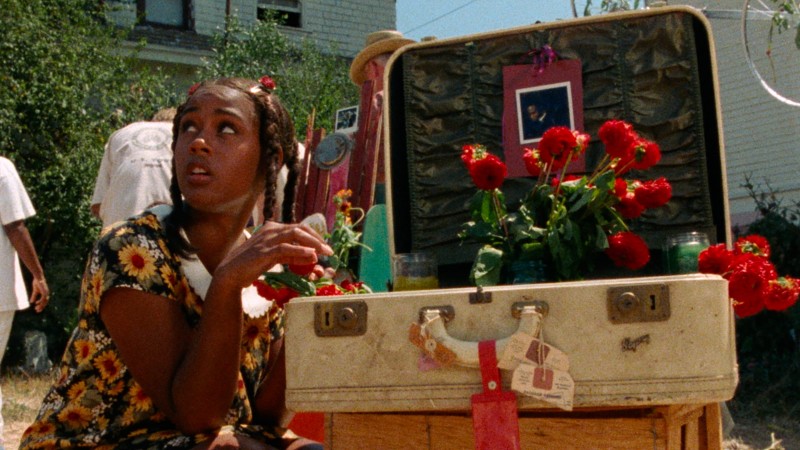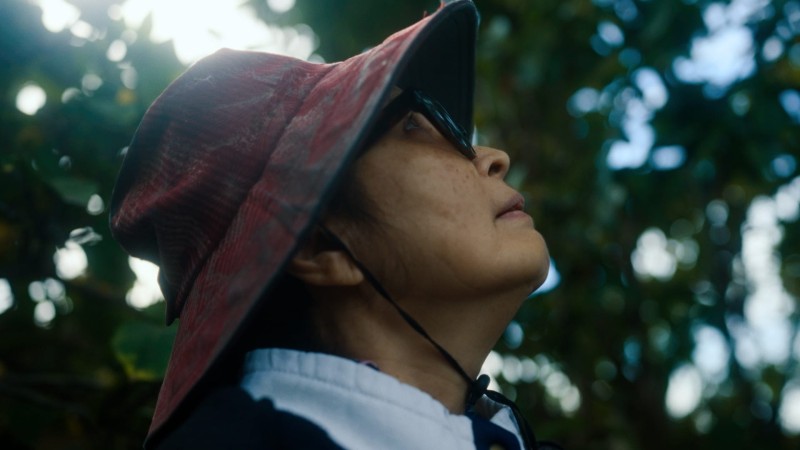Girl Talk: Lena Dunham on Her Brooklyn Movie Series

As viewers of her autobiographical breakthrough comedy Tiny Furniture know, writer-director-actor Lena Dunham doesn ’ t hold back when it comes to sharing. Now, in a series currently at BAMCinematek in Brooklyn, she is sharing something other than the details of her personal life: movies that have inspired her as a filmmaker. We had an email conversation with Dunham about her choices for Hey, Girlfriend! Lena Dunham Selects.
Your selections for the BAM retrospective are all films about female relationships that influenced or moved you—and they run the gamut from chummy (Career Girls) to catty (The Last Days of Disco) to maternal (This Is My Life) to sexual (Mulholland Drive). Were any of these films particularly influential when you set out to make Tiny Furniture?
It’s funny, because I could only really absorb the influence these films had after the fact of making my film. Nora Ephron’s movie This Is My Life has really clear parallels—single creative mom, two warring daughters at different stages of their development—and Career Girls is also closely linked, but it wasn’t until I finished Tiny Furniture and rewatched them that I understood how much I had gotten through osmosis. And Girlfriends is a movie I didn’t see until after making my features, yet I felt like I had stolen ideas directly from it.
Speaking of Girlfriends (primarily known these days as a Stanley Kubrick favorite, which is awesome but also sort of too bad that its cachet is based on a male director’s stamp of approval), how did you discover this rarely screened 1978 American independent by Claudia Weill?
As I mentioned, this movie feels like my oldest influence, yet I saw it for the first time less than a year ago. I was dragged (because I was tired, not skeptical) to a screening at 92Y by a friend well versed in lost classics who said this was truly my kind of movie. And she was right—from the first shot, I was transfixed. By the complex relationships, the subtlety, the odd comedy that was awkward long before awkward was cool. It was the 1970s of my mother’s youth, which I discuss in Tiny Furniture through her journal entries. Claudia was at the screening for a Q&A, and I found her stories and general manner (tough but sensitive; third woman admitted into the Academy of Motion Picture Arts and Sciences; great effortless hair) really transfixing. We became friends, which has been a real gift. As for Kubrick, I’m just glad someone got it, but he’s never the first thing (or even the third thing) that I mention when discussing this film.
Do you think there’s been a drop-off in intelligent female-centered American film and TV? It wasn’t that long ago—the nineties—that many of your defining films (The Craft, The Last Days of Disco, Clueless, Career Girls, all showing in this series) were produced . . .
Not to sound like an old curmudgeon, but it does feel like intelligent films are harder to find than ever (I am speaking as a viewer) and we must often reach back to see examples of what we want to make (speaking as a filmmaker, and that’s part of the reason Criterion is so meaningful to me). I couldn’t begin to diagnose the problems with the marketplace, but I do know that it’s taking many baby steps for women to be considered a viable paying audience, and many of the films aimed at this audience don’t respect their intelligence. What I love about these films from the nineties we’re showing is that they have strong female characters at the center but aren’t chick flicks per se. No one calls a film with a guy protagonist a “movie for men,” right?





